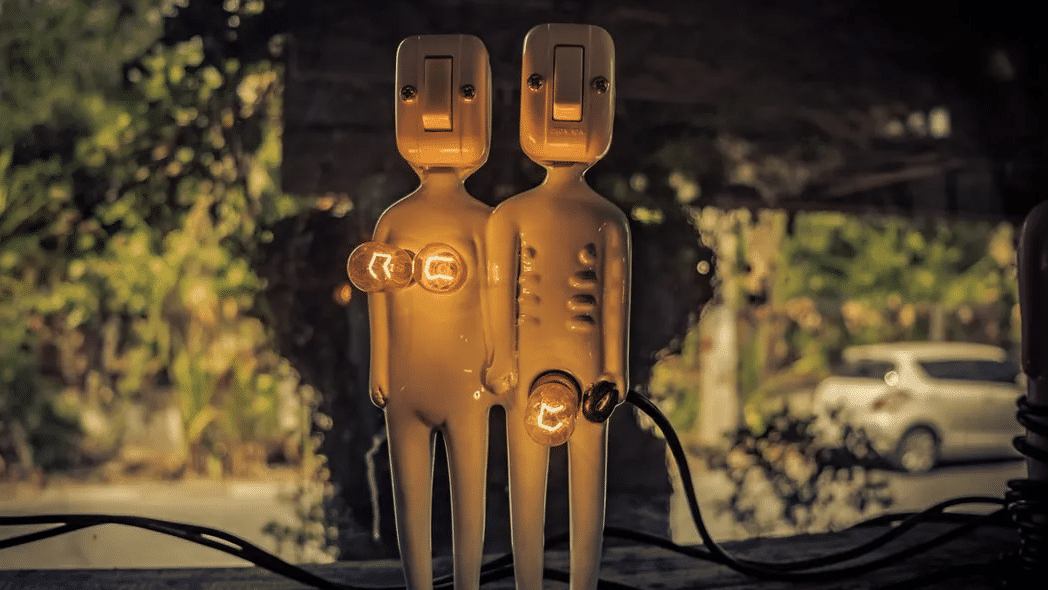The COVID-19 pandemic hit us out of nowhere. By the time scientists or medical teams could understand what the disease is, it had rendered us helpless, gasping for breath, literally. As the disease spread its root, resulting in a global lockdown, life-changing phenomenon struck us. Be it mental health, finance, joblessness or anything and everything under the sun, they went for a toss.
However, for couples, it was a bit different. While some enjoyed their confinement, finding solace in each other, some could not master it. Sex life was one of the many things that took a hit due to the ever-rising stress, resulting in trauma, caused by the pandemic.
Also read: Spelling coconut with hips is the ultimate trick to ace cowgirl sex position
Rhonda Balzarini, a social psychologist and assistant professor, Texas State University, US, in her studies found that couples experienced an increase in their libido in the initial phase of the lockdown. She described it as the ‘honeymoon phase’.
However, asserting only what was feared, Balzarini indicated a reduced sex life. This was linked to increased stress and depression contributed by the atmosphere induced by the lockdown.
According to Balzarini, the initial presence of stressors might not have been making way for depression. But prolonged exposure to it exhausted people. “Depression negatively affects sexual desire”, said Balzarini in an interview with BBC.
Also read: Masked kiss is the latest PDA trend, health experts say ‘watch out’
With stress playing a major part in our day-to-day lives where we are bombarded with news of a large number of people being infected, an increase in the death toll, among others prompted a decline in the mood to engage in sexual activities.
Explaining this point, Texas-based sex therapist Emily Jamea, said: “You’ll hear sex therapists say something along the lines of, ‘Two zebras won’t mate in front of a lion’. If there’s a massive threat right there, that sends a signal to our bodies that now’s probably not a good time to have sex.”
Concluding, she said that towering stress leads to a low desire for having sex.
Also read: Majority of women hide menopause symptoms at work because of stigma attached: Report
Another reason that cropped up was spending too much time together. Initially, spending time was all a couple could think of, but with time, the allure of it, fazed, the study found.
Little habits of your partner starts getting on your nerves, said Justin Lehmiller, social psychologist and research fellow at The Kinsey Institute.
Studies from different parts of the world echo the same feeling. Research conducted in Turkey, Italy, India and the US, all points to one common thing – a plummet in sex between partners.
Lehmiller said that stress is to be blamed.
However, the study did say that with the vaccination in full swing, and people accepting the new normal brought by the pandemic, slowly and steadily, partners may be able to glide past the dry and stressed phase and will go back to the way things were before.







